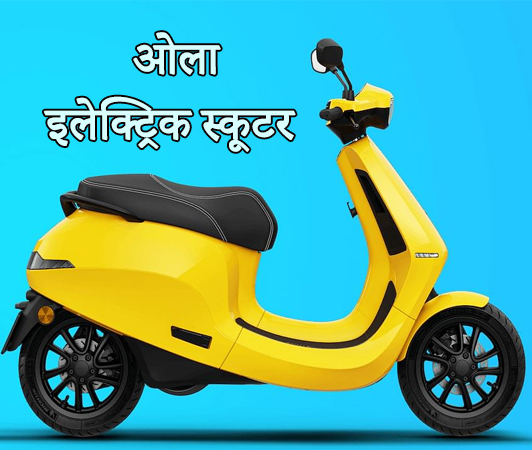This article is sponsored by Access Livelihoods.
“When I saw a waste picker in our warehouse using a laptop to track dry waste, and then being recognised by his community, that is when I realised the power of what we were doing,” says Rishabh Thakur, who enrolled in the Social Entrepreneurship Program (SEP) by Access Livelihoods in 2021.
Imagine walking away from a successful corporate career, stepping into the unknown, and using your skills to solve some of society’s most pressing challenges. It is a tough decision, one that many would shy away from. Yet, this is exactly the path they have chosen for a growing number of young individuals across India.
From the bustling metros of Maharashtra to the hilly terrains of Kerala, and from the tribal belts of Tamil Nadu to rural schools in Andhra Pradesh, these changemakers are using knowledge, technology, and empathy to uplift communities and create long-term impact. At the centre of this movement is Access Livelihoods, a social enterprise that is redefining how India addresses its most urgent development challenges through the power of young minds.
Table of Contents
India’s livelihood paradox: Growth without jobs
Despite being among the fastest-growing economies globally, India is caught in a paradox—rapid economic expansion paired with jobless growth and widespread underemployment. While the cities buzz with start-ups and tech hubs, most Indians struggle with underpaid, insecure jobs that barely sustain a living.
A closer look at the numbers
- Around 35% of Indians aged 20–24 are unemployed (CMIE, 2024).
- Approximately 93% of the workforce operates in the informal sector.
- Nearly 45% of India’s workforce remains tied to agriculture, contributing less than 18% to GDP.
- Female labour force participation remains abysmally low, especially in rural areas.
What is holding India back?
Several systemic issues compound India’s employment crisis:
- Skills that don’t match jobs: Many young graduates are armed with degrees but lack practical, job-ready skills.
- Urban-rural divide in opportunities: A large portion of job creation happens in cities, while rural populations are left behind.
- Automation replacing low-skill jobs: With rising digitisation, many entry-level roles are being automated, leaving fewer opportunities.
- Climate threats to rural livelihoods: Droughts, floods, and soil degradation make agriculture even more vulnerable.
India’s employment challenge isn’t just about generating more jobs—it’s about reshaping systems to build capability, encourage entrepreneurship, and invest in resilient and inclusive community-rooted livelihoods.
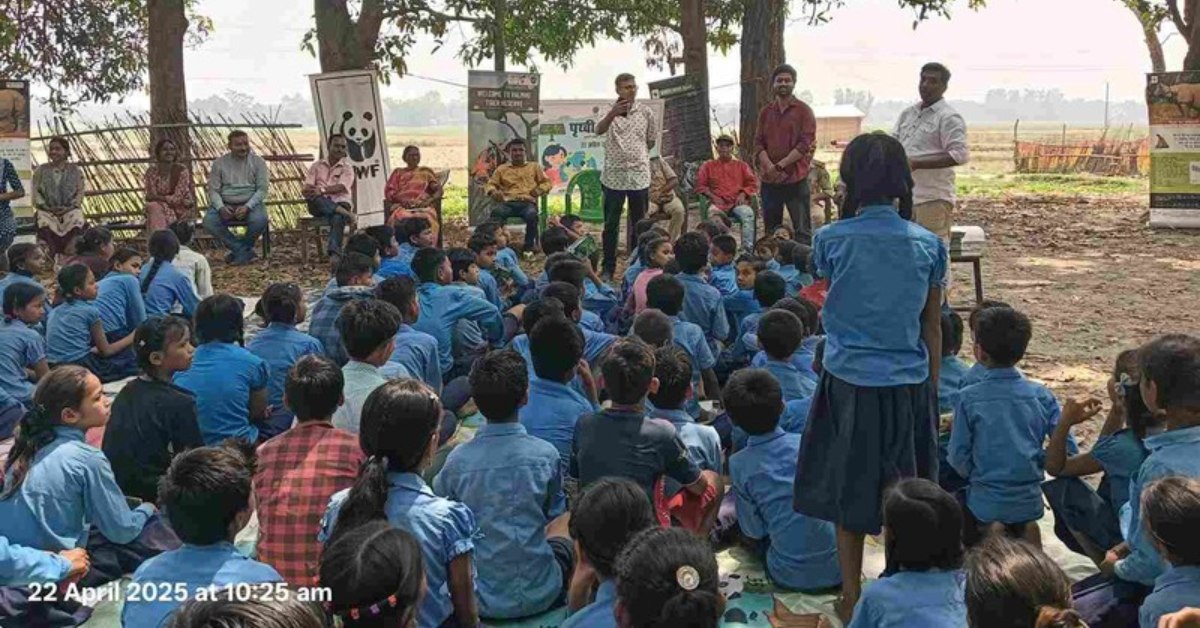
The TII Fellowship: Redefining development from the ground up
The Transforming India Initiative (TII) by Access Livelihoods is cultivating a new generation of social entrepreneurs who don’t just talk about change—they live it. Rather than training individuals solely to be job-ready, TII empowers them to become changemakers and livelihood creators who can uplift entire communities.
TII’s Fellowship Programmes
Access Livelihoods offers two transformative fellowships:
- Social Entrepreneurship Programme (SEP): A 24-month immersive journey comprising 8 months of classroom learning and 16 months of hands-on practicum. Fellows are placed with partner organisations and mentored by their senior leadership.
- Reimagine Responsible Enterprises (RRE): A 13-month intensive fellowship with a more condensed classroom phase and a structured practicum. It encourages fresh graduates and mid-career professionals to explore the future of ethical, sustainable enterprise.
What Makes the TII Fellowship Unique?
- Holistic development: Beyond academics, fellows engage in yoga, self-reflection exercises, and immersive leadership training.
- Hands-on learning: Fellows design and implement live projects in the field, whether it’s in classrooms, farmlands, or municipal wards.
- Entrepreneurial support: Access to an alumni network, mentorship from senior leaders, and strategic guidance.
- Career support: Fellows receive 100% placement assistance, with an average post-fellowship salary of Rs 4.7 LPA.
- Inclusive access: With stipends, scholarships, and low fees, the program ensures that socio-economic background is never a barrier.
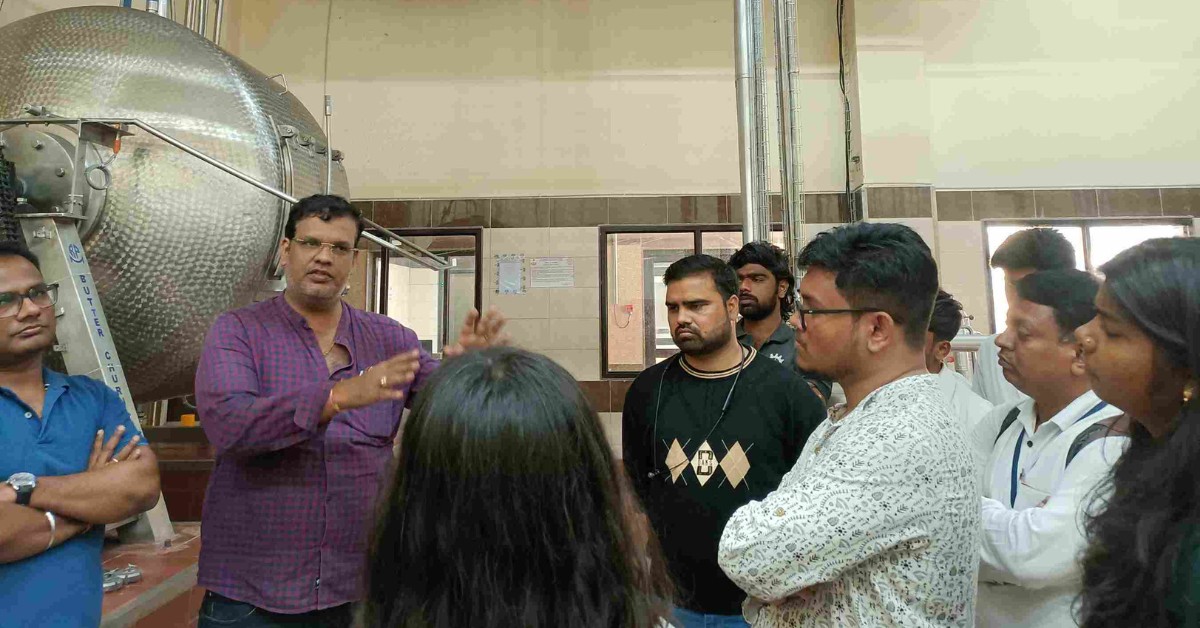
Don Antony Sebastian: Making farming fair
Born into a cardamom-farming family in Kerala, Don Antony Sebastian was no stranger to the struggles of small-scale farmers. He saw firsthand how his father toiled while middlemen reaped the profits. “I wanted to help my father earn a better living,” he recalls.
With an MBA and a desire to make a difference, he joined the RRE fellowship in 2024 and was placed with ACORD, an NGO that supports tribal farmers across Tamil Nadu. At ACORD, Don helps develop value-added products such as coffee, honey, tea, and pepper through Farmer Producer Companies (FPCs).
“Through the fellowship, I learnt how to manage finances, plan sustainable projects, and communicate effectively with community members,” he says. His work ensures that farmers are not just producers but decision-makers who access better markets, pricing, and dignity.
Rishabh Thakur: Tech meets trash
After a stint in the corporate sector, Rishabh Thakur was looking for something more meaningful. He joined the SEP in 2021 and was placed with Bintix, a Hyderabad-based waste management startup.
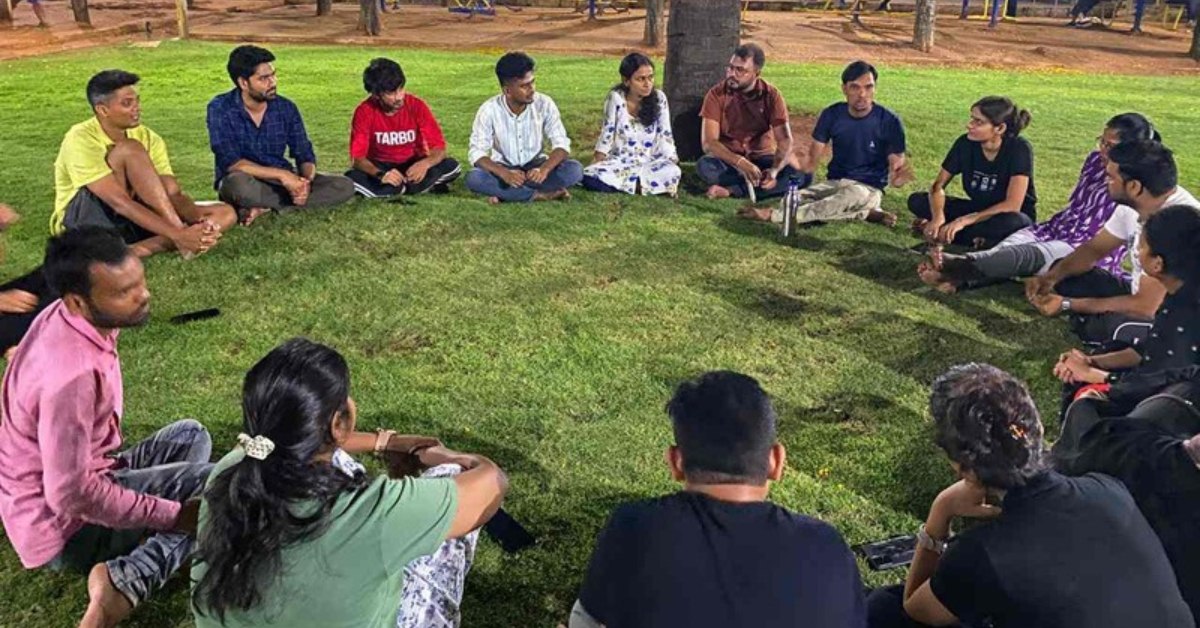
Here, he spearheaded projects that mobilised over 3,000 households to segregate waste. The initiative deployed QR-coded bags and mobile apps to track impact and incentivise recycling. “We trained waste-pickers to use smartphones and track inventories. Their community recognised them for these skills,” he shares.
The initiative did more than streamline waste management—it restored dignity to those who were long considered invisible, empowering them with digital skills, confidence, and recognition.
Vindhya Kumar: A vision for inclusive classrooms
Vindhya Kumar came to the fellowship with a degree in English Honours but a desire to do more. In 2021, she joined the SEP and was placed with Leadership for Equity (LFE) in Pune. Her focus: ensuring that children with disabilities had access to inclusive education.
As part of the SALT initiative, Vindhya worked across six districts in Andhra Pradesh. She conducted teacher training workshops, collaborated with special educators, and adapted classroom curricula. “We didn’t just change the curriculum—we shifted mindsets,” she says.
Her efforts helped hundreds of children access classrooms that recognised and nurtured their potential. Today, Vindhya continues her work in education, focusing on building systems that leave no child behind.
Learning by doing: Practicum at the core
Unlike conventional courses that end in theory-heavy exams, the TII fellowships strongly emphasise action. The practicum phase immerses fellows in partner organisations across sectors—waste management, agriculture, education, tribal livelihoods, sustainability, and more.
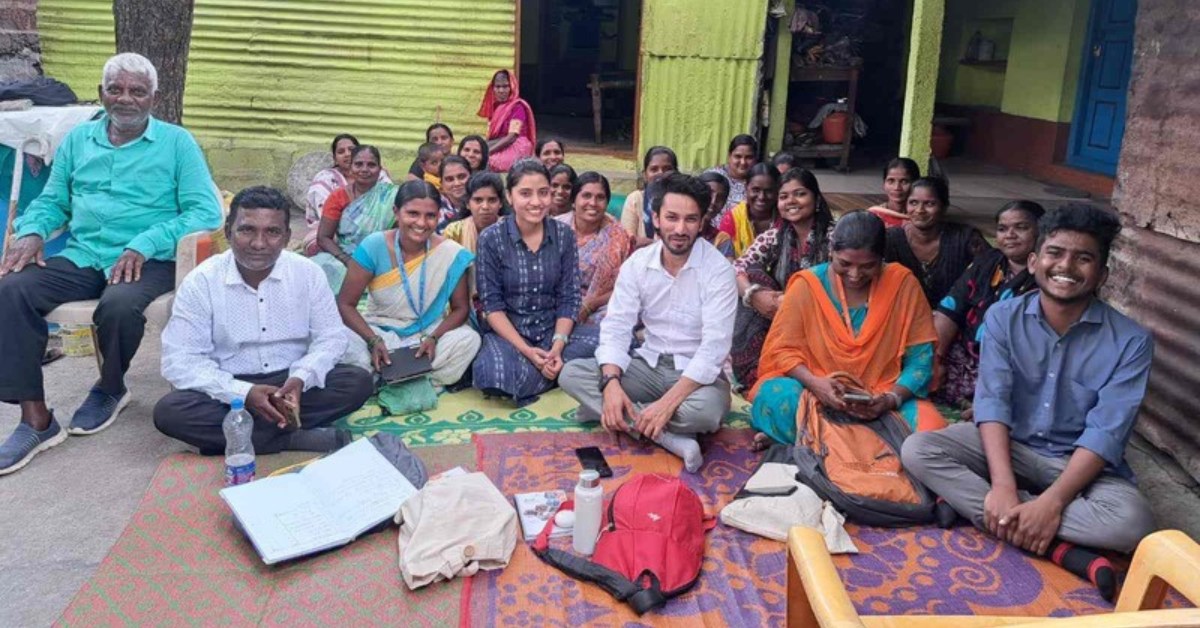
This real-world learning builds not just competence but also empathy. Fellows work with senior leaders, get feedback on live projects, and often co-create solutions with the communities they serve.
A network of changemakers
TII alumni don’t just stop at one intervention. Many go on to launch their own social enterprises or continue working in grassroots organisations, government bodies, or CSR arms of corporates. The growing alumni network is a powerful community of like-minded professionals exchanging ideas, collaborations, and support.
For example:
- Some have launched FPCs in tribal belts.
- Others have started learning centres in underserved urban slums.
- Several alumni are innovating in the areas of water conservation, menstrual health, green energy, and rural finance.
Future of livelihoods: Youth at the helm
India’s development future depends on more than policies or investments—it depends on people—people like Antony, Rishabh, Vindhya, and the many others who dared to leave behind convention to chase a deeper impact.
Access Livelihoods, through the TII, is showing us what it takes to build systems from the ground up: it takes trust, training, time, and a willingness to reimagine what success means.
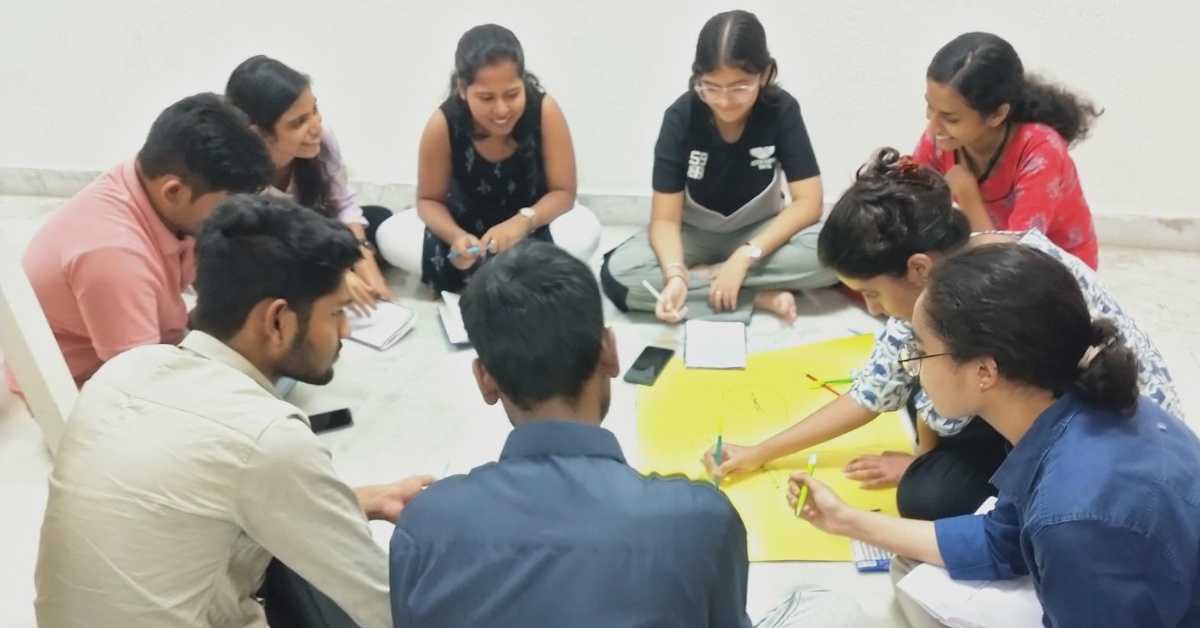
In a world driven by quick rewards and tech-fuelled disruption, these young changemakers remind us of the enduring power of community, connection, and courage. Whether in farmlands or classrooms, recycling units or tribal homes, they are scripting stories of hope and showing us that real change begins when we lead with purpose.
Tangible outcomes across TII Fellowships
The cumulative impact of the fellowship is both broad and deep:
- Over 100,000 women empowered through innovative livelihood models.
- Over 12,000 grassroots entrepreneurs supported.
- More than 600 young changemakers trained in agriculture and social entrepreneurship.
- 90–100% placement rate for fellows post-programme.
- A growing nationwide network of fellows actively transforming India’s rural economy.
TII Fellows are proving that when young people are supported with the right tools, values, and platforms, they become the change.
Want in? Here is how to apply
Applications for the Social Entrepreneurship Programme (SEP) and the Reimagine Responsible Enterprises (RRE) Fellowship are open on a rolling basis, with several deadlines throughout the year. The next deadline is 31 May 2025 and 20 June 2025.
To apply, visit the Access Livelihoods website, complete the application form, pay the Rs 1,000 fee, and prepare for a transformative selection process.
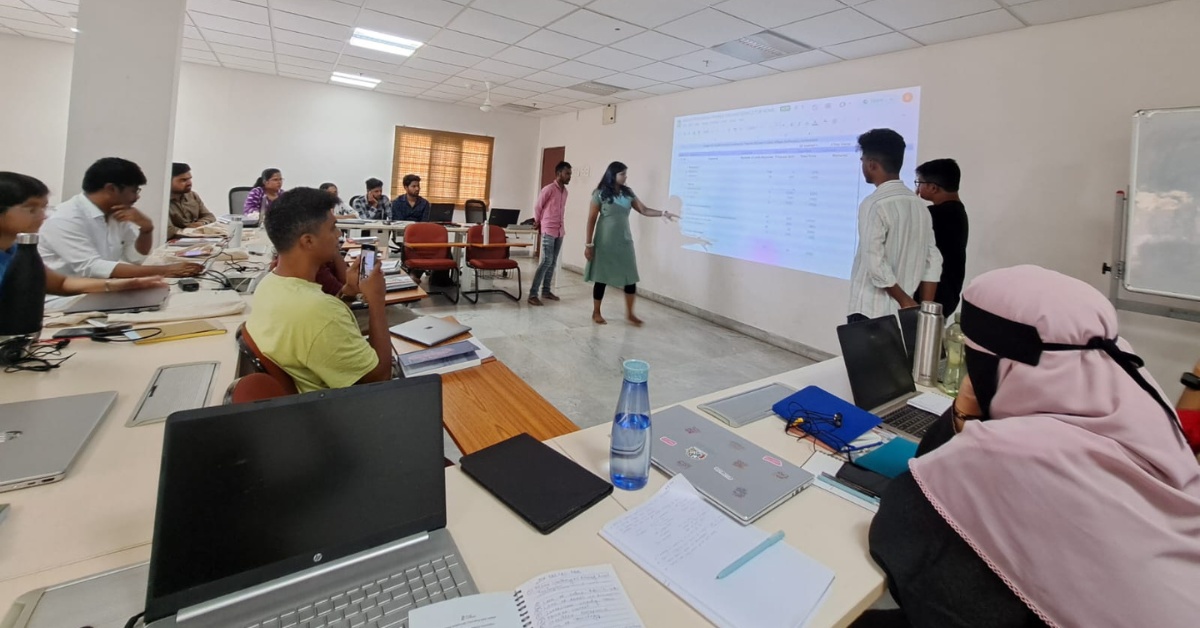
The fellowships have been a life-changing journey for all the young individuals who participated. Rishabh recalls, “The first skill I learnt was during a course on visualising a purposeful life. We had to write our biography up to 70, including our daily routine, income, and how we would sustain ourselves. It helped me align my lifestyle with my goals.” That clarity, he says, has changed how he views work-life balance. “When work aligns with your values, there is no conflict,” he adds.
Vindhya highlights the reflection workshops at Access Livelihoods as instrumental. “We would meet every six weeks in Hyderabad to talk through challenges, and the faculty were always approachable,” she says.
On the other hand, Antony says, “In college, I never managed finances properly. But during the fellowship, I learnt how to handle money and plan projects. When I had to introduce new products at my organisation, the structure and training I received helped me create a full project plan, from objectives to deliverables.”
“Access Livelihoods helped me become a better communicator and problem solver. Now, I am proactive and can confidently speak to stakeholders and decision-makers,” he adds.
From self-reflection and financial planning to project design and communication, the SEP and RRE fellowships nurture more than just entrepreneurs. They are encouraging young changemakers to start something of their own that will benefit our society.
Programme contact details:
Phone: +91 63028 68390
Email: [email protected]
Website:
Important deadlines:
Early Application Deadline: 31st May
Final Deadline: 20th June
Edited by Leila Badyari; All photos courtesy Access Livelihoods
Source Link: thebetterindia.com
Source: thebetterindia.com
Via: thebetterindia.com




















